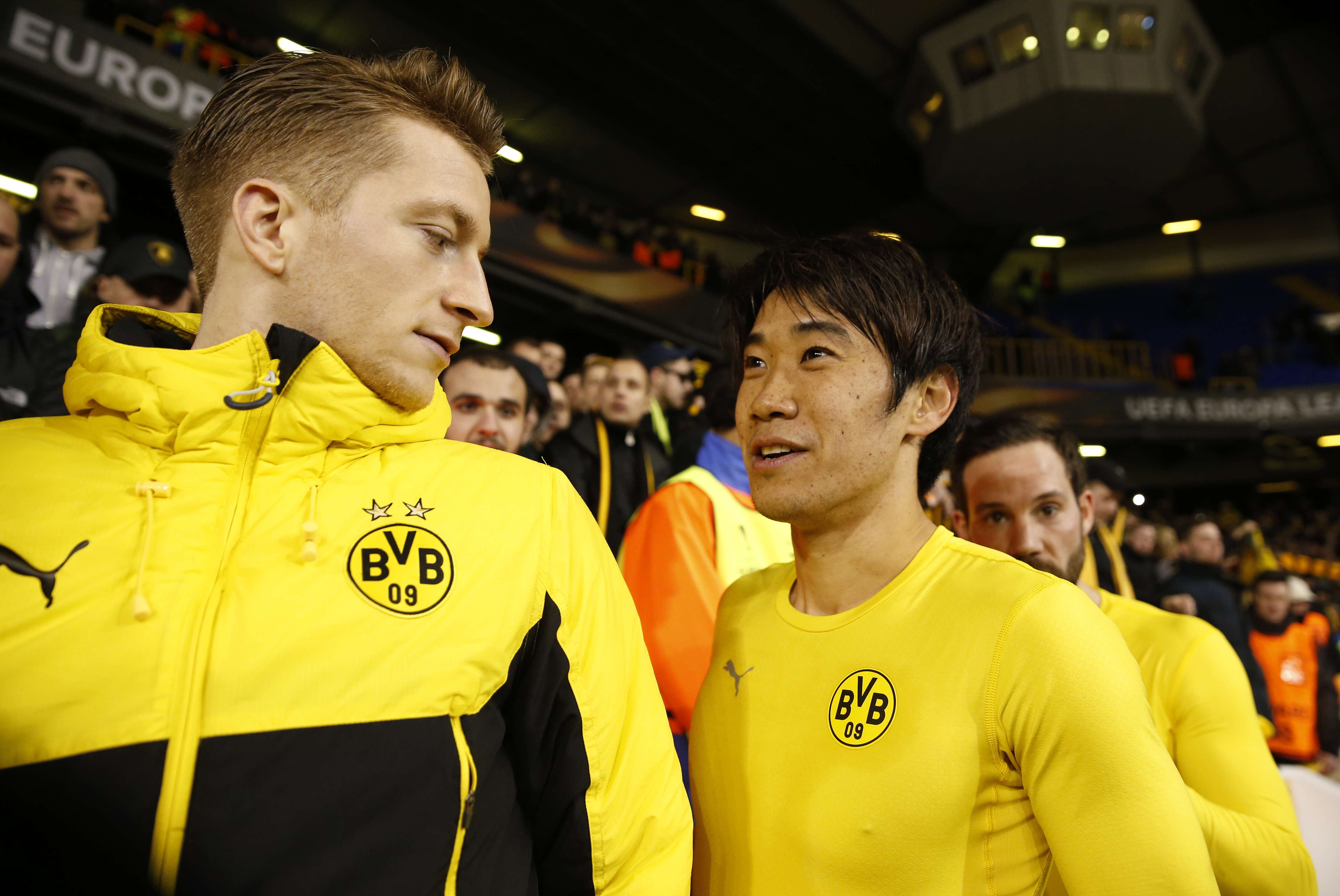We need to talk about Twitter: why second screens aren’t always blessings
Technology has been used to enhance sport. It makes life easier for athletes, for officials, for referees and umpires.
Now it’s being used to add to the spectator experience. Fan apps, second screens, Twitter and Facebook – soon sports fans leaving events will stream out into the streets, each fan melding into an indistinguishable mass of zombies, sliming its way into the night by the incandescence of their mobile phone screens, tweeting into the ether.
Ok, so it’s not that bad just yet. But it is definitely true that the faster and smarter smartphones get, the more the attention of the fan will be drawn to their news feed rather than the sport.
It’s probably time, then, that we started to think about what is and isn’t appropriate when it comes to technology in sport.
Just a few years ago, widespread access to free WiFi was a priority – football clubs were putting wifi into stadiums to allow fans to experience the game in the stadium just as they’d experience it at home.
Stadium design is starting to take this sort of advancement into account. Faster WiFi and other initiatives are bringing fans to stadiums, as the comfort of staying at home is augmented by the ability to get access to stats, reaction and analysis on tap through computers and second-screen devices. Fast WiFi in stadiums is even helping some sports teams boost attendances.
But an unthinking drive towards adding WiFi and embracing technology is just as zombie-like as are our friends tied to the yoke of their smartphones as they swarm out of our dystopian, futuristic football stadium. Instead, we have to think about the whole experience. The way Californian baseball fans consume their sport is, logically enough, very different to the way, say, German football fans consume theirs.
Borussia Dortmund, for example, launched an app a couple of years ago to enhance their fans’ experience inside their ground. The information provided by the app, however, changed depending on the needs of the user: you tell the app if you’re currently in the stadium, at home, or on the move, so that the app can relay the right information accordingly. It sounds obvious, but a one size fits all approach wouldn’t work in such a situation – if you’re in the ground, you’re unlikely to have missed a Dortmund goal. You might want a goal update if you’re driving along the motorway, however.
Whilst that’s clever, the problem becomes one of success. The WiFi in Dortmund’s Signal Iduna Park was simply too good, the app too popular and Twitter too all-encompassing to get fans to focus on the game instead of their phones. Our dystopian scenario edging closer all the time.
The solution? To make the WiFi slower in order to make fans less dependent on their screens and more focused on the game.
A relentless drive for technological advancement and an unfettered desire to move with the times can be a bad thing. It’s a case of moderation.
After all, the way we consume sport has changed dramatically over the last 50 years, but the sports themselves haven’t changed all that much, at least in terms of rules and spectacles. If you were transported back to Dortmund 50 years ago and watched a game, you probably wouldn’t need too much of an explanation to understand the action.
But technology can’t go too far and leave sport behind. As we can see, there is definitely a place for it to enhance the fan experience, but there is also a danger that too much modern technology means that fans become alienated from the feat of non-technological, human performance that is taking place before their eyes. But they’re too busy on their phones to take any notice.
Maybe it’s time we started to talk about when technology is appropriate and when it isn’t, what is an advancement and what we have to leave to one side. Sport is inherently non-technological. It is human. And just like humans, it will be enhanced, made easier, made better by technology. But it can’t be left behind.
We need to talk about Twitter.
About author
You might also like
SPORTEL 2021: Day One Recap
This year’s prestigious SPORTEL convention kicked off in sunny Monaco today, welcoming a host of familiar faces as well as plenty of new ones. Doors opened at 8:30am with businesses
Six Founding Riders Set To Bring The Vision Of The UCI Track Champions League To Life
Olympic Champions, UCI World Champions and World Record holders join the new track cycling competition debuting in November 2021 The UCI Track Champions League is delighted to announce that six
Sports related spending to soar this summer as pre-pandemic life resumes
New insights from eBay Ads UK reveal the potential for brands to engage with an excited but nervous nation as sports events get back on track As pubs and indoor








